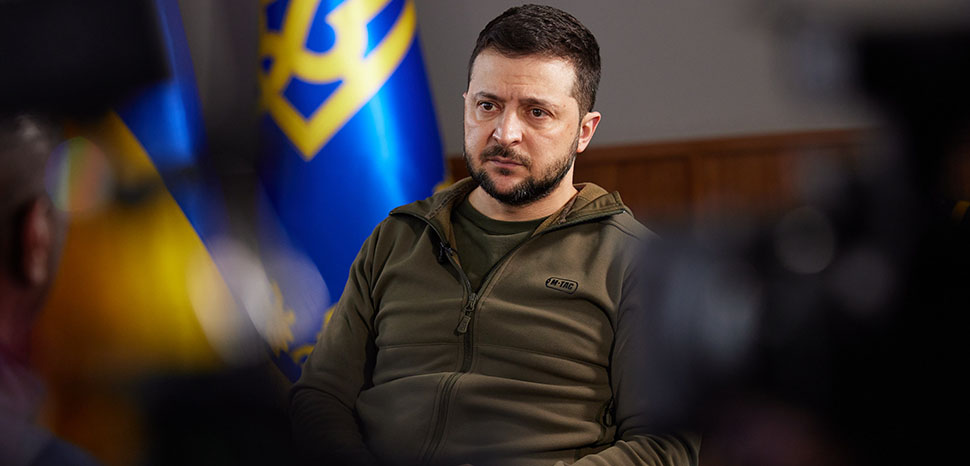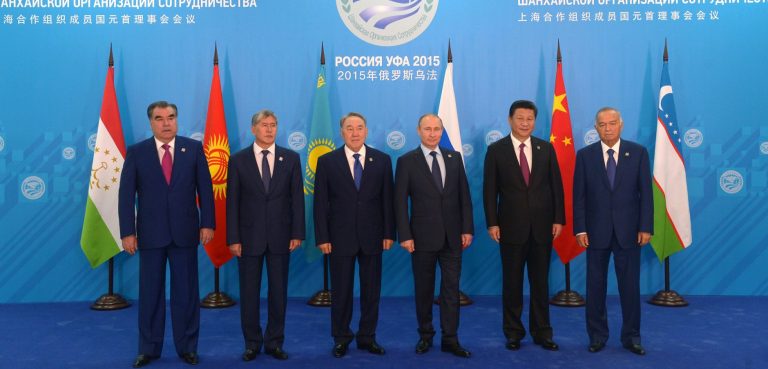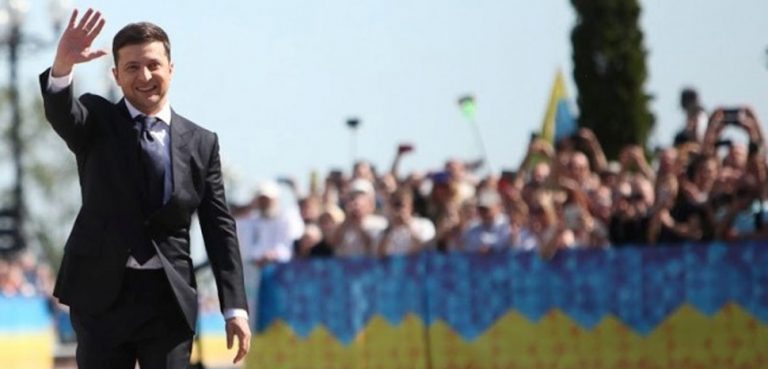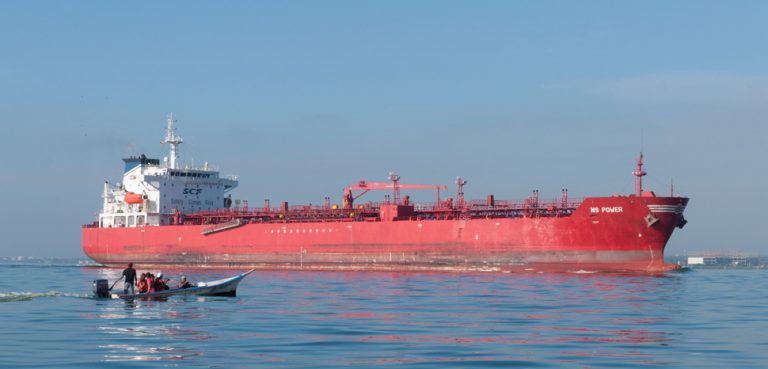As 2024 nears, there are increasing challenges and risks facing Ukraine, from internal disagreements within the Ukrainian government to growing fatigue amongst its Western allies. In the US, the transfer of military hardware to Ukraine is at its lowest point since the start of the conflict, and Senate Republicans have blocked a $110.5 billion emergency spending bill for new security assistance. Opposition to more aid from Republicans is growing under House Speaker Mike Johnson, as well as reliable Ukraine supporters like Sen. Lindsey Graham who are determined to tie further aid to increases in border security. Likewise, the potential return of Donald Trump to the White House would mark a significant step backwards in Washington’s support for Ukraine and its leadership within the NATO alliance. Meanwhile, in Europe, squabbles within the EU over the disbursement of aid to Ukraine are continuing, with Hungarian Prime Minister Viktor Orban, and the likely new government in the Netherlands, representing key obstacles.
Uncertainty and infighting is rising within Ukraine’s borders as well. The rift between President Zelenskyy and General Valerii Zaluzhnyi is growing after Zaluzhnyi’s controversial interview with The Economist last month in which he stated that the war was at a stalemate. Ukraine’s long anticipated counter-offensive was not as successful as Ukraine’s military, or its Western allies would have liked. This year, Kyiv has reclaimed close to 200 square km of territory as opposed to the 8,600 square km of territory retaken in under two months in the 2022 counter-offensive. Recruitment challenges are also rising, morale is being tested, and public support for Zelenskyy is starting to decrease. Combined, this is a perilous moment for Ukraine’s battle against Russian aggression, and a moment that could serve to embolden autocratic forces globally and ‘give Putin the greatest gift he could hope for’ in the words of President Biden.
Western military support to provide Ukraine with the means for another successful counteroffensive is unlikely to materialize in the near term. However, Ukraine can still threaten Crimea with French and British made cruise missiles, close Moscow’s airspace and threaten other regions deep inside Russia with drone attacks. Even with some tactical strengths, the chances of Kyiv recovering territory in the Donbas, Kherson, or Zaporizhzhia regions is low heading into 2024. It is tempting to view this as a failure on the part of Zelenskyy and Ukraine’s allies in the West, but it shouldn’t be. Ukraine’s long-term strategic trajectory remains positive and its security outside of the temporarily occupied oblasts in the south and east remains stable with the help of increased air defenses and security guarantees from individual NATO member states. Despite this, Ukraine’s ground is still fractured, the state and its citizens are not whole, and the West risks aiding and abetting the enemy by not being forceful enough in truly staying with Ukraine for the long haul.
As voters in both the US and the UK go to the polls next year, domestic issues like the economy are likely to feature more prominently than Ukraine. Should Trump prevail, it may be the last election American citizens partake in, as Liz Cheney has warned, or it may mark a more gradual erosion of democracy as trust in institutions and adherence to the Constitution continues to wane. Trump may seek to withdraw the US from NATO, something he can’t do unilaterally, and which bipartisan members of Congress are seeking to prevent. As Anne Applebaum writes in The Atlantic, NATO’s greatest impact is psychological, with Article 5 and the principle of collective defense marking an invisible boundary on the map of Europe that so far President Putin has not dared to cross. Should Trump remotely question the validity of NATO and America’s role in supporting frontline nations like Poland and the Baltic states, it would grant license to Putin and other autocrats to act upon their irredentist tendencies. With little to no guardrails in place and one tweet or Truth Social post capable of moving markets and starting wars, this could have a devastating effect even prior to any formal withdrawal process being initiated.
As the threat of another Trump presidency looms in Washington, populist, Eurosceptic forces in the EU also threaten Ukraine’s future trajectory. Hungary’s Viktor Orban has remained a thorn in the EU’s side and continues to pose the greatest threat to Ukraine’s EU accession bid, demanding it not be addressed at the upcoming EU leaders summit in Brussels. The recent victory of the Party for Freedom (PVV) in the Netherlands also raises questions for Dutch financial and military support for Ukraine as well as the provision of F-16s. PVV leader Geert Wilders and Orban are against stronger EU sanctions on Russia, and while Wilders has said he ‘supports Ukraine politically’, Orban is reluctant to provide either political or military support for Kyiv.
Thus, after close to two years of war, multiple countries across the Atlantic are starting to look inwards and to their own national security needs over those of Ukraine’s. Since Russia’s full-scale invasion, proud Atlanticists have reigned in Washington, Paris, London, and Amsterdam under outgoing Prime Minister Mark Rutte, but that reign is likely to be the exception and not the rule to a changing global order and competing defense needs. ‘Ukraine fatigue’ can be measured in reduced military kit and expenditure, but like NATO, its primary impact is psychological, signaling to Moscow that the narrowest interpretation of the national interest will prevail, and animosities will inevitably harden.
The case for Ukraine remains strong even as other crises such as the Israel – Hamas war compete for the world’s attention. Purse strings are tight, apathy is rising, and the days of decisive, immediate victories for Ukraine on the battlefield are likely over. In addition, none of the players thus far present for Ukraine’s valiant battle are due to remain in place, one of the gifts and burdens of democracy. While he has been in office, Zelenskyy has witnessed one American president try to bully him into opening an investigation into a political rival, and another stand shoulder to shoulder with him in upholding the democratic principles and steadfast reliability of the Euro-Atlantic community. Zelenskyy and his team have built countless close relationships across party lines at both the state and national levels with a broad range of politicians and ordinary citizens. These links provide a wider window into America beyond the petty squabbles and gridlock of a divided Washington and are a reminder to Zelenskyy that the actions of leaders do not always represent the views and aspirations of those they serve.
Ukraine’s fight will be no less valiant next year, reminding many of the fragility of democratic values in both war and in peacetime, and the importance of keeping your allies close even when formal alliances may begin to wither. It will be for Ukraine to decide when it is time to come to the negotiating table, just as its allies can decide whether to place Zelenskyy and his team in the strongest possible position once they take their seat. While there are strong headwinds, both the EU and NATO have shown that they can work effectively in supporting a prospective member state in the midst of an active conflict, even with such varying figures as Biden, Macron, Orban, and Erdogan. In 2024, Ukraine will likely find that its true friends are the ones who are devoted to the bureaucratic machinations of alliance-building, consistent in their values, and who continue to make the arduous trip to Kyiv not because it is politically expedient, but because it is just.
The views expressed in this article belong to the authors alone and do not necessarily reflect those of Geopoliticalmonitor.com.




